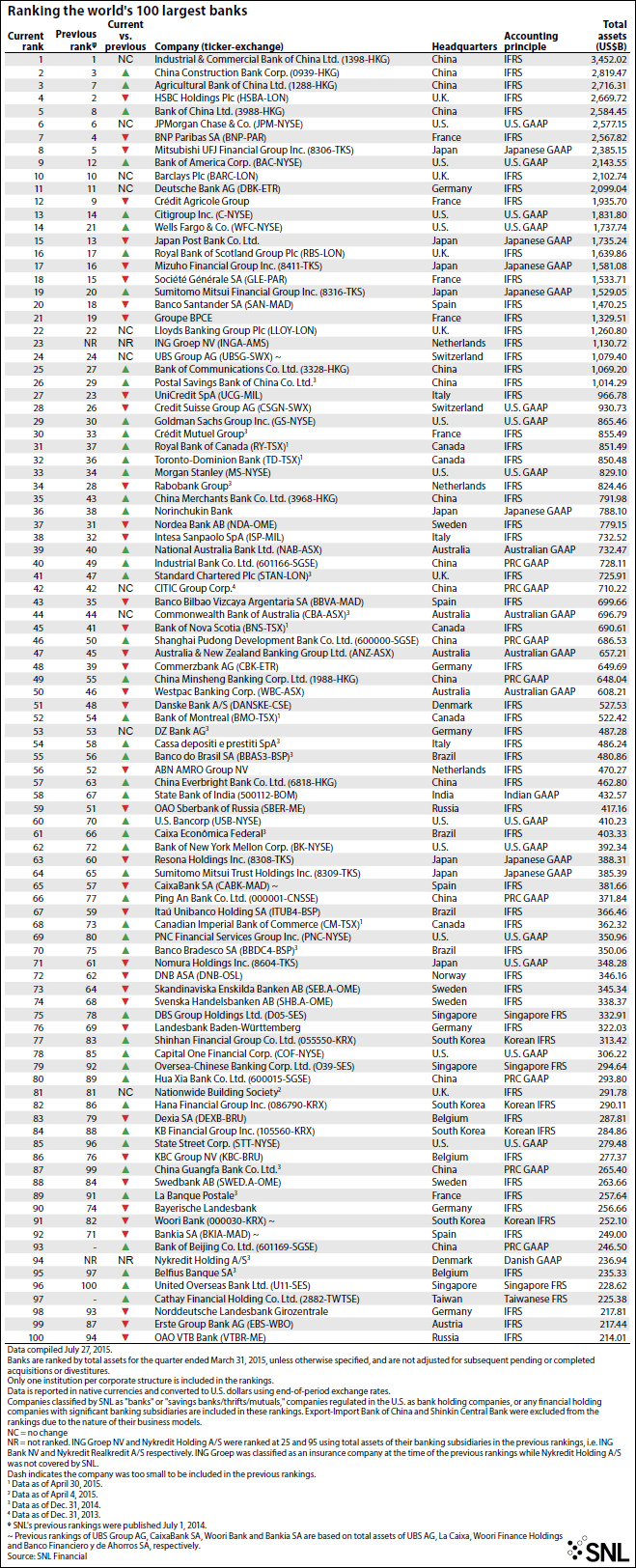Re: China in the Shadows
Sudden stop with this current account situation?
With the exception of peak second quarter 2015, ca surplus goes around 700 hundred millions. Yearly that means around 3000 hm per year. That is more than 30% of total external debt. And of course they have about 4 times forex reserves against ext. debt.
From my very limited knowledge sounds improbable at best.
China Current Account 1998-2015 | Data | Chart | Calendar | Forecast
China recorded a Current Account surplus of 766 USD Hundred Million in the second quarter of 2015. Current Account in China averaged 405.68 USD Hundred Million from 1998 until 2015, reaching an all time high of 1522 USD Hundred Million in the first quarter of 2015 and a record low of -8.96 USD Hundred Million in the second quarter of 2001. Current Account in China is reported by the State Administration of Foreign Exchange, China.

Sudden stop with this current account situation?
With the exception of peak second quarter 2015, ca surplus goes around 700 hundred millions. Yearly that means around 3000 hm per year. That is more than 30% of total external debt. And of course they have about 4 times forex reserves against ext. debt.
From my very limited knowledge sounds improbable at best.
China Current Account 1998-2015 | Data | Chart | Calendar | Forecast
China recorded a Current Account surplus of 766 USD Hundred Million in the second quarter of 2015. Current Account in China averaged 405.68 USD Hundred Million from 1998 until 2015, reaching an all time high of 1522 USD Hundred Million in the first quarter of 2015 and a record low of -8.96 USD Hundred Million in the second quarter of 2001. Current Account in China is reported by the State Administration of Foreign Exchange, China.






Comment